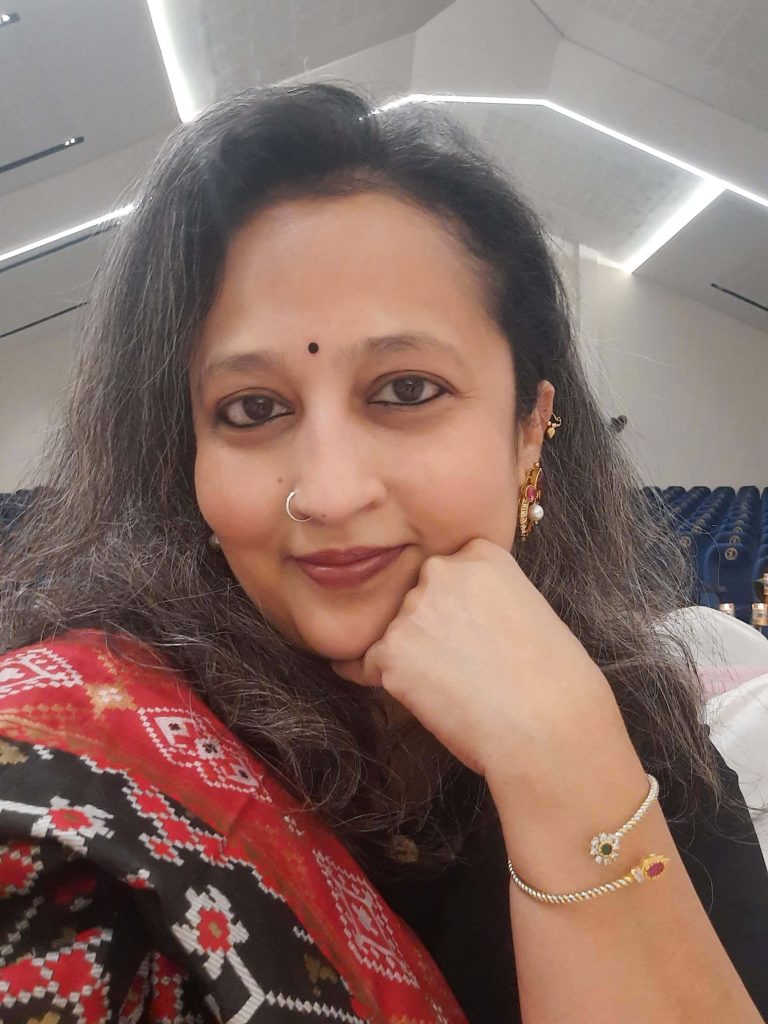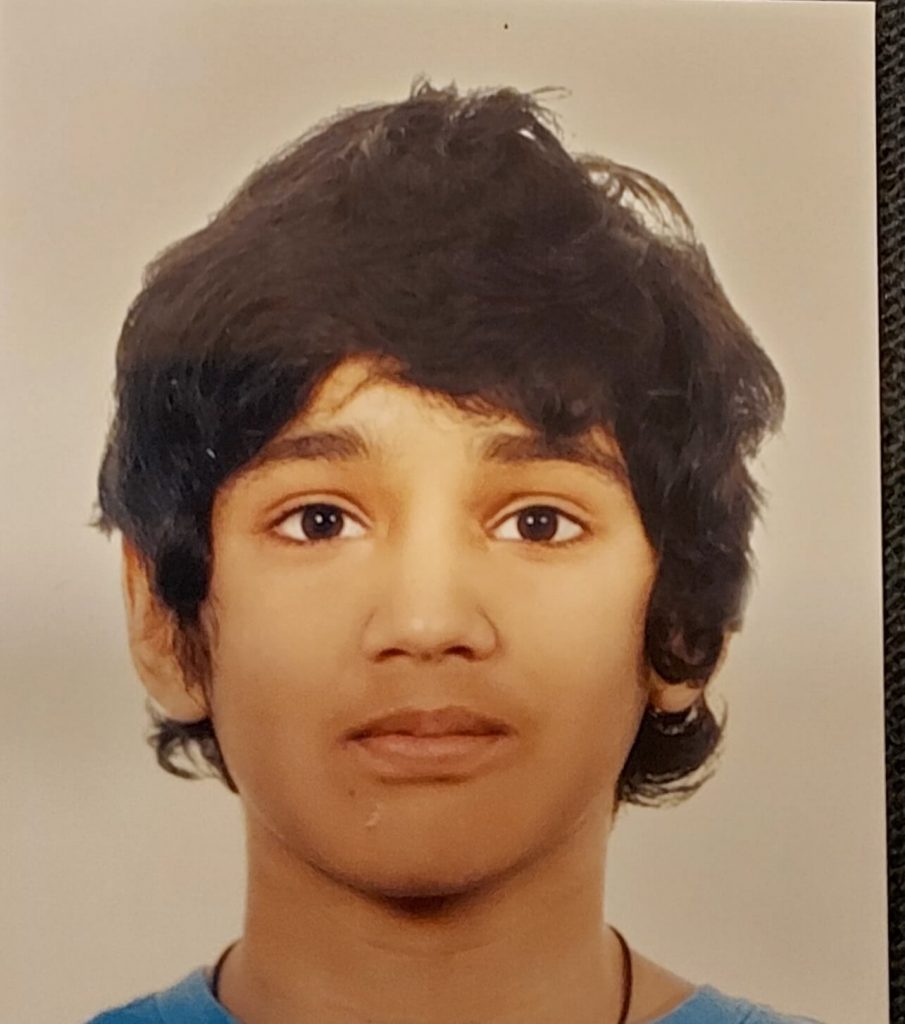Our Schools
At Ekya, we strongly believe that a person’s ability and intelligence can be honed through practice, hard-work, dedication and motivation. This is why we invest our time and efforts towards creating an environment that promotes and develops a ‘Growth Mindset’ among the educators and students alike.
What is Growth mindset?
Growth mindset is a concept that has been developed by Carol Dweck, a professor of Psychology at Stanford University. An individual with a Growth mindset thrives on challenge and sees failure as a heartening springboard for growth and for stretching his/her existing abilities.
A student may have the brains and talent but what is more important is his/her ability to be able to stay motivated, display grit and perseverance in completing a task and growing significantly more each day. This view creates a love of learning and a resilience that is essential for great accomplishments in every area of work and life.
What is on the other side of the spectrum?
Fixed mindset, on the other hand is a notion that our character, intelligence and creative ability are inherent qualities – they are static and we can’t change them in any meaningful way. People with a fixed mindset believe that you are either born with these qualities or not, and nothing can change that. They think what they are is predetermined, that which cannot be developed or improved upon. Ms. Dweck notes that such individuals strive for success and avoid failure at all costs become a way of maintaining the sense of being smart or skilled.
What does “Growth Mindset vs Fixed Mindset” seem like?
From excerpts of her latest book, Mindset: The New Psychology of Success, Ms. Dweck talks about the difference between the two:
In one seminal study, we offered four-year-olds a choice: They could either redo an easy jigsaw puzzle, or try a harder one. Even these young children conformed to the characteristics of one of the two mindsets — those with “fixed” mentality stayed on the safe side, choosing the easier puzzles that would affirm their existing ability; those with the “growth” mindset thought it an odd choice to do the same puzzle over and over if they aren’t learning anything new.
In other words, the fixed mindset kids wanted to make sure they succeeded in order to seem smart, whereas the growth mindset ones wanted to stretch themselves, for their definition of success was about becoming smarter.
How does either mindset react to feedback?
Through her research, Ms. Dweck noticed that with a fixed mindset were only interested in hearing feedback that reflected directly on their present ability, but tuned out information that could help them learn and improve. They even showed no interest in hearing the right answer when they had gotten a question wrong, because they had already filed it away in the failure category. Those with a growth mindset, on the other hand, were keenly attentive to information that could help them expand their existing knowledge and skill, regardless of whether they’d gotten the question right or wrong — in other words, their priority was learning, not the binary trap of success and failure.
These findings are especially important in education and how we, as a culture assess intelligence. Hence, when we as educators value effort over ability, we are setting a culture of Growth Mindset in our classrooms, making challenges seem motivating and learning more fun. This will enable our students to view themselves as lifelong learners and their personal success will be about working their hardest to become their best.
 Ms. Dweck on the importance of picking on such a mindset at an early age
Ms. Dweck on the importance of picking on such a mindset at an early age
At Ekya, our focus is more on the child’s learning than achievement. Yes, we celebrate our success but we value the trials and tribulations that got us there. By adopting the Growth Mindset, we allow our students to love what they do and not hold them back from what they are capable of.
Experts@Ekya – Baking Masterclass
[huge_it_portfolio id="171"]
Working at Ekya Schools – Ahlada Sudersan
- Researching digital platforms that are being used in other curricula and their effectiveness in the teaching-learning process for Computer Science
- Planning the units for each grade level.
- Designing learning plans.
- Creating review papers.
- Creating resource material for the curriculum.
- Incorporating meaningful technological integration that would encourage the students in solving real world problems.
- Evaluating the designed curriculum by assimilating and observing students’ work.













Leave a Reply to Why 100 mark papers are a thing of the past – Ekya Schools Cancel reply